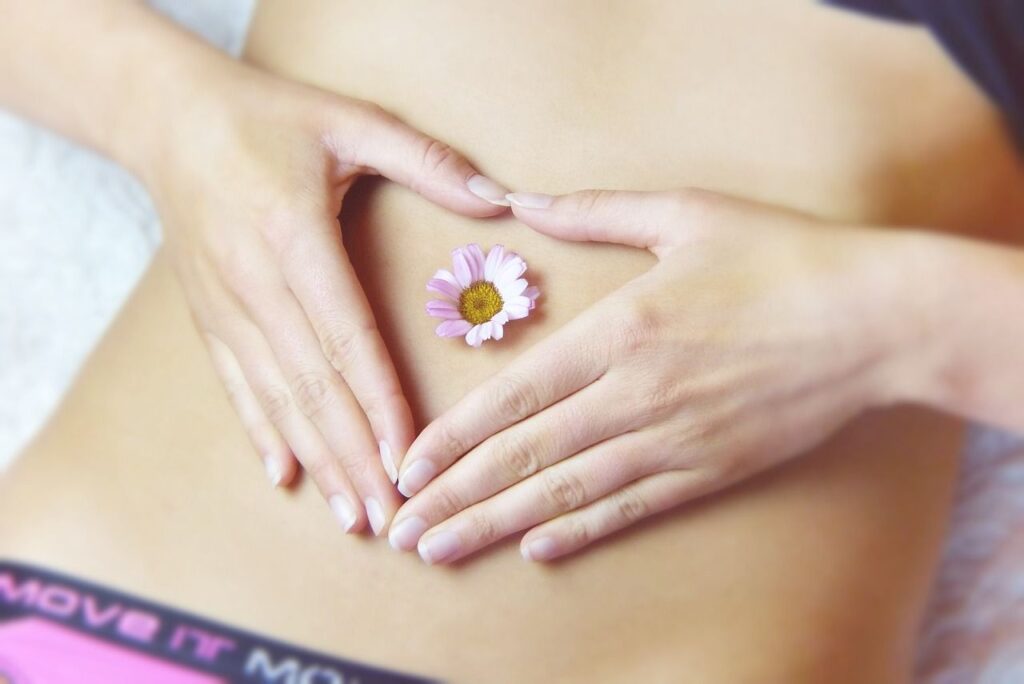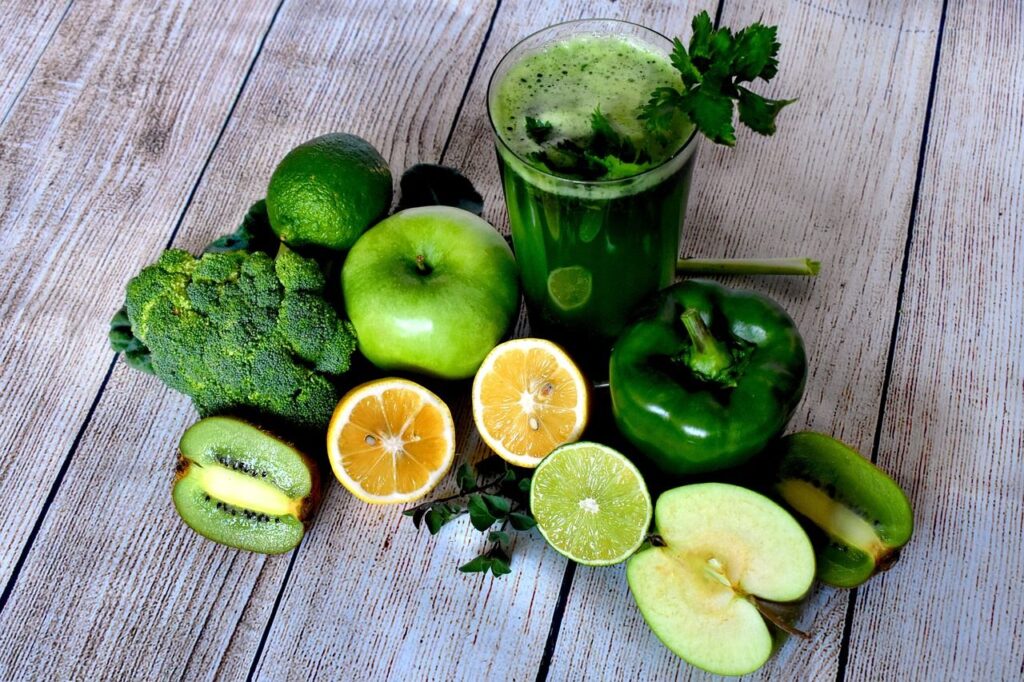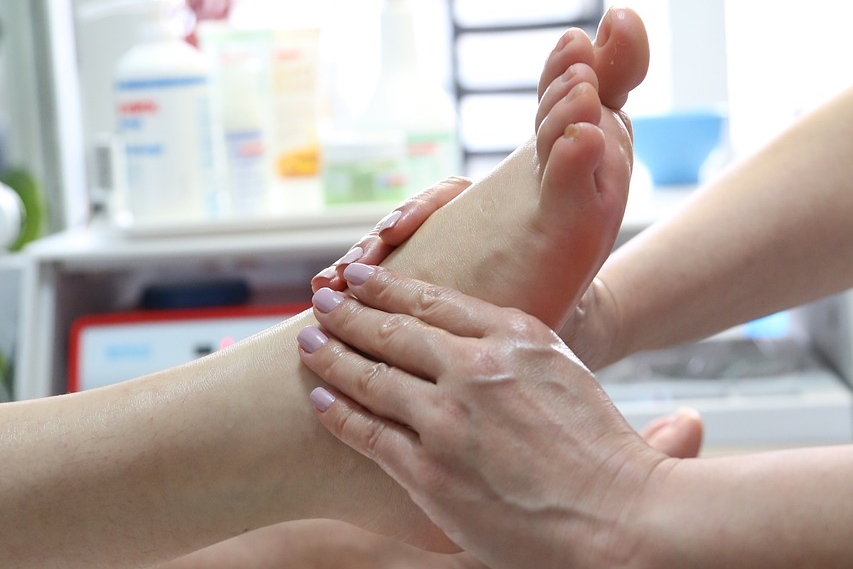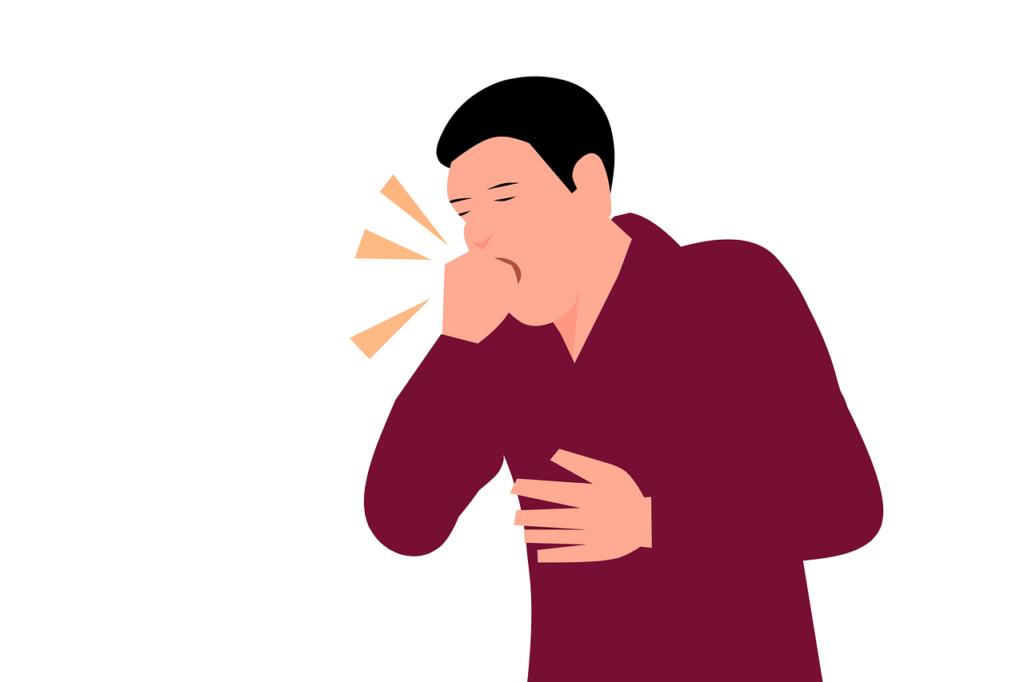Why are women experiencing more health issues lately?
Our busy lives, with irregular eating and sleeping habits, can lead to various health problems. One of these is increased body heat, which can affect women’s health.
One common problem faced by women is leukorrhea or White Discharge, often attributed to excessive body heat. Heavy stress can also contribute to leukorrhea.


What is vaginal discharge?
Leukorrhea, or white discharge, is a normal vaginal discharge that most women experience. It helps keep the vagina clean and healthy.
Vaginal discharge is a fluid that is produced by the glands in a woman’s cervix and vagina. It is a normal part of a woman’s reproductive health and occurs at various stages in a woman’s life.
However, excessive discharge or changes in its color or odor can sometimes be a sign of an underlying health issue.
Importance of Vaginal Discharge:
- Protective Barrier: Vaginal discharge helps to create a protective barrier against harmful bacteria and other pathogens.
- Self-Cleaning Mechanism: It aids in the removal of dead cells, bacteria, and other debris from the vagina, helping to maintain a clean and healthy environment.
Why does it happen?
- Estrogen: This female sex hormone plays a crucial role in the development of female reproductive organs and secondary sex characteristics.
- Estrogen stimulates the production of vaginal discharge, helping to keep the vaginal area moist and lubricated.
- Fluctuations in estrogen levels throughout a woman’s life can influence the amount and consistency of vaginal discharge.
- LactoBacillus: These are beneficial bacteria that naturally reside in the vagina.
- They create an acidic environment that helps to prevent the growth of harmful bacteria, yeast, and other pathogens.
- Lactobacillus helps to maintain a healthy balance of microorganisms in the vagina.
Traditionally, in Siddha medicine, leukorrhea is associated with an imbalance of the three doshas (Vata, Pitta, and Kapha), particularly an excess of Pitta, which is linked to heat and inflammation.
A classic Siddha verse describes the symptoms of leukorrhea as follows:
மருமேவு மாலையணி முலைமு கத்து மானனையார் விரகமுறு மயலே கொண்டு கருமேவு மடிவயிற்றிற் குத்தி நொந்து
காட்டுவெள்ளை சத்ததுபோற் றுவாலை தானும் உருமேவி யேசாயும் பிடரி நோவா
முறுநெற்றி தனிலிடிக்கும் வேர்வை சொட்டும் திருமேனி யும்வெளுத்து மெலிந்து தோன்றுஞ் செய்குணங்க டேர்ந்துமருந் தீத னன்றே.
“A burning sensation in the abdomen, a white discharge resembling foam, headaches, excessive sweating, and a general feeling of weakness.”
Causes of vaginal discharge
- Increased body heat: Consuming spicy foods and alcohol can increase body temperature, contributing to leukorrhea.
- Infections: Bacterial or fungal infections can cause abnormal discharge.
- Parasites: Parasites like Trichomonas vaginalis can also cause leukorrhea.
- Fungal infections: Fungus like Candida albicans can cause leukorrhea, especially due to poor hygiene.
- Bacterial infections: Bacteria like Chlamydia and Gardnerella vaginalis can also cause leukorrhea.
- Hormonal imbalances: Hormonal fluctuations due to factors like birth control pills or menstrual irregularities can lead to leukorrhea.
- Poor hygiene: Inadequate hygiene practices can contribute to infections.
- Tight clothing: Tight clothing can trap heat and moisture, promoting the growth of bacteria.
- Stress: Stress can disrupt hormonal balance and weaken the immune system.
- Ovulation: Just before or after ovulation, some women may experience an increase in vaginal discharge.
- Sexual arousal: During sexual arousal, the vagina produces a clear, slippery discharge to facilitate intercourse.
- Pregnancy: Vaginal discharge is common during pregnancy and can change in consistency and color throughout the pregnancy.
Symptoms of Leukorrhea:
- Itching or irritation in the vaginal area
- Soreness of the vulva
- Unusual vaginal discharge
- Fishy-smelling discharge
- Yellowish or thick, curd-like discharge
- Foul-smelling discharge
- Pain during urination
- Fatigue
- Lower abdominal pain
- Headache and irritation
- Indigestion.
Normal Leukorrhea:
- Color: Clear, white, or slightly off-white
- Consistency: Thin, slippery, or stretchy
- Odor: No odor or a mild, milky odor
- Amount: Varies, but generally not excessive
Abnormal Leukorrhea:
- Color: Yellow, green, or gray
- Consistency: Thick, chunky, or frothy
- Odor: Foul or fishy smell
- Amount: Excessive discharge
When to See a Doctor:
- Abnormal discharge: Changes in color, consistency, or odor
- Itching or burning: Discomfort in the vaginal area
- Pain: Pelvic pain or discomfort during intercourse
- Abnormal bleeding: Bleeding between periods or after sex
Complications:
Untreated infections can lead to severe complications like pelvic inflammatory disease (PID), which can cause infertility, ectopic pregnancy, and chronic pelvic pain. White discharge after menopause or late fertile stages may signal cervical cancer. Additionally, infections in the vagina and urethra can easily spread to nearby organs, causing urinary tract infections and other reproductive health issues.


Treatment:
The treatment for leukorrhea depends on the underlying cause. If the discharge is normal, no treatment may be necessary.
Siddha Treatment for Leukorrhea:
Siddha medicine offers several herbal remedies and lifestyle modifications to treat leukorrhea. Some common herbs used include Pirandai, Nilaveambu, and Punarnava. These herbs have anti-inflammatory and antimicrobial properties that can help reduce inflammation and combat infections.
Siddha Remedies for Leucorrhea
To treat this condition, it’s recommended to use medicines with bitter and pungent tastes, as they help kill the pathogens causing the infection.

Here are some specific remedies:
1. Keela nelli Powder: Take 1-2 grams of keela nelli powder and mix it with warm water or buttermilk. Consume this twice daily, morning and evening.
2. Aloe Vera Gel: Wash aloe vera gel 7 times with water. Mix it with buttermilk and a little ginger. Consume this mixture.
3. Triphala Powder: Take 1 gram of triphala powder, 100 mg of alum powder, and 100 mg of sila sathu powder. Consume this mixture twice daily after meals.
4. Fenugreek: Early in the morning, on an empty stomach, consume a decoction made from powdered fenugreek seeds. This helps alleviate leucorrhea.
5. Sitz Bath with Triphala Powder: Fill a large bowl with lukewarm water and add a small amount of triphala powder. Sit in this solution for some time.
Prevention
1. Practice good hygiene: Wash your genital area with mild soap and water daily.
2. Wear breathable underwear: Cotton underwear is preferable to synthetic fabrics.
Lifestyle changes recommended in Siddha medicine include:
- Consuming cooling foods like cucumber, spinach, and coconut water.
- Avoiding spicy and fried foods.
- Practicing stress management techniques like yoga and meditation.
- Maintaining good hygiene.
Disclaimer: It’s important to note that this information is for general knowledge purposes only. Always consult with a qualified Siddha practitioner for any health issues.


Dr. Augastina B.S.M.S., PGDY, is a passionate Siddha Doctor with a heart of gold. She believes in healing one step at a time. In her writing, you’ll find not just knowledge, but genuine care and a holistic approach to health and well-being.

